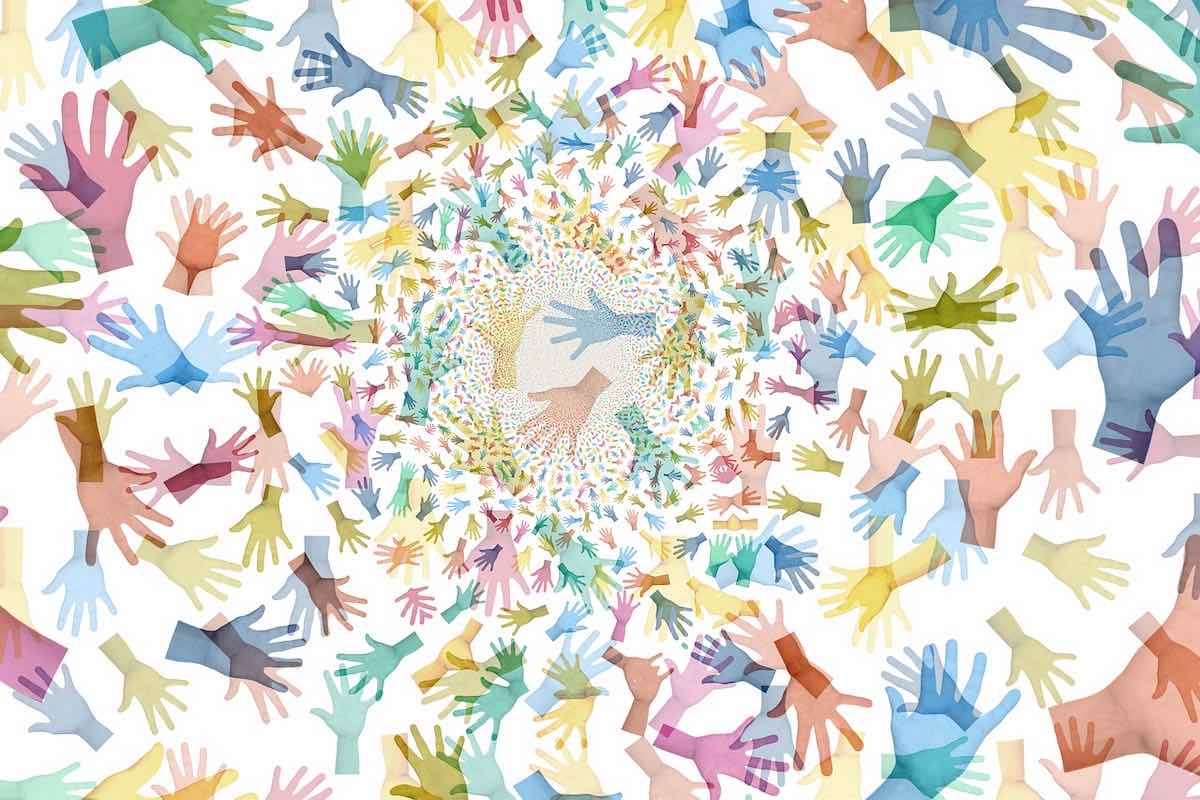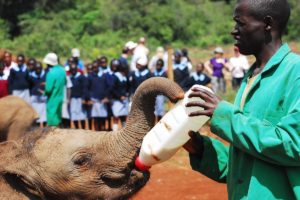Migration and integration has received much attention in policy and academic circles during the last two decades, particularly following the European refugee crisis from 2015/6 onwards. Some researchers have argued that there needs to be a change in perspective. Instead of viewing migrants primarily as people in need of communities’ resources, migrants can and do provide a resource to the community through volunteering and other forms of civic engagement.
It is significant that nearly 50% of volunteers newly registered with Dublin City Volunteer Centre in 2013 came from migrant backgrounds, while 46% of those registered with Cork Volunteer Centre in 2019 identified themselves as non-nationals. Research has shown that migrant volunteering has benefits for the migrants themselves, the organisations they volunteer with and the host communities.
Recent research illustrates the important contribution migrants make to local communities and the range of skills and expertise they bring to their volunteering roles. In partnership with Cork Volunteer Centre, we carried out a small-scale study to explore migrants’ experiences of volunteering, including their motivations and pathways into volunteering, the benefits and challenges of volunteering, and the factors which facilitate or inhibit volunteering.
What are the benefits of volunteering?
The research highlights the reciprocal nature of volunteering, with benefits for both volunteers and local communities. Participants contributed to a wide range of voluntary and community activities, from supporting homeless people in Cork city, running youth clubs and organising festivals, to raising funds for charitable organisations. As well as volunteering with national and local organisations, they volunteered informally, for example, acting as interpreters for other members of the migrant community.
Participants in our research became involved in volunteering principally to help others and to make social connections within the local community. They were also motivated by a desire to develop different skills, learn English, find out more about Ireland and improve their employment prospects. In addition, volunteering was seen as a way to get involved in activities which they enjoy, and to utilise their skills and training.
For those with qualifications that are not recognised in Ireland (or who are awaiting ratification of their qualification), it can be a means of connecting with a professional area in which they are not currently employed. For example, Maria, a drama teacher from Brazil, explained that she decided to volunteer to teach drama to stay connected with the performing arts. Like many recent migrants to Ireland, the majority of those who participated in our survey were educated to degree level.
Does volunteering help people to integrate?
Our research indicates that volunteering can be an important aspect of two-way integration processes. The majority of those who had volunteered in the last five years reported that they had gained a better understanding of Irish society through volunteering and now had a greater sense of being part of the community and felt more connected to Ireland.
Most of the benefits of volunteering identified by the research participants were linked to inclusion and integration. This included meeting people, making friends, finding work, learning more about Ireland, and developing language skills.
It was clear that volunteering facilitated the social inclusion of both individual volunteers and their families. One mother described how volunteering at a local charity shop had helped her find out about local sports clubs which her children subsequently joined. Nearly three quarters (73%) of those who volunteered in Ireland over the last 5 years had volunteered before coming to Ireland. Many saw volunteering as a life-long commitment, and their involvement in volunteering in Ireland was a continuation rather than a new departure.
Are there barriers to overcome?
The National Volunteering Strategy 2021- 2025 calls for greater diversity within volunteering and for the inclusion of underrepresented and marginalised groups. But there needs to be greater understanding of the barriers faced by specific communities, and targeted approaches to addressing these barriers.
Lack of information on volunteering opportunities and difficulties in finding roles that were relevant to them were two of the principal barriers to volunteering identified in our research. Migrants often do not have access to the same networks and routes into volunteering as members of the general population, who tend to rely on ‘word of mouth’ and being asked.
Lack of information on volunteering opportunities and difficulties in finding roles relevant to them were two of the principal barriers
The research also raises concerns that migrants who are not proficient in spoken English – and who might therefore benefit from the social aspect of volunteering – may feel excluded. Over the last 18 months, the pandemic has posed further challenges, particularly to those living in direct provision, highlighting the precarity experienced by asylum seekers in Ireland.
The research also demonstrates that the provision of a volunteering infrastructure is particularly important for migrants to be afforded opportunities to volunteer. Formal volunteering structures such as Cork Volunteer Centre and other support organisations for migrants and newcomers play a key role in supporting two-way integration and providing access to social and cultural capital that can be restricted to new members of the community. Migrants are clearly not a homogenous population so targeted programmes aimed at engaging with particular groups may be most effective.
The Authors:
Dr. Margaret Scanlon is the Research Coordinator in the Institute for Social Science in the 21st Century (ISS21) at UCC. Dr Shirley Martin is a Social Policy Lecturer at the School of Applied Social Studies at UCC . She is the Irish Primary Investigator for the four-year Horizon 2020 Project IMMERSE: Integration Mapping of Refugee and Migrant Children in Schools in Europe and the Primary Investigator on the Irish Research Council INVOLVE Project exploring migrant engagement in civic society through volunteerism.
This article was originally published by RTÉ Brainstorm. The views expressed here are those of the author and do not represent or reflect the views of SmartVol.
Image by Gerd Altmann from Pixabay




